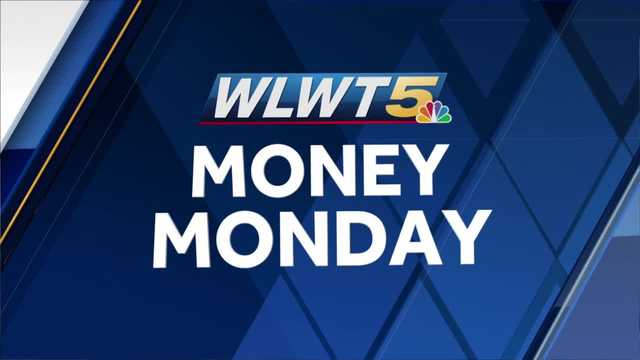Introduction to Financial Literacy Month
April marks Financial Literacy Month, a dedicated period for enhancing financial knowledge and practices within our communities. Shannel Heath from Chase Bank is dedicated to advancing financial health by providing educational resources and support. In her role as a community manager, Heath partners with local organizations, key community leaders, and small businesses to bridge the racial wealth gap through a variety of free financial health events.
Building a Strong Financial Foundation
Heath underscores the importance of having a solid financial foundation, which begins with establishing an emergency savings fund, improving credit scores, and effective budgeting. Building an emergency fund involves saving enough to cover three to six months of living expenses, which acts as a financial safety net for unforeseen events. Heath recommends automating small, regular transfers from your checking account to your savings account to gradually build this fund. Additionally, understanding and managing credit scores are crucial. A significant portion of your credit score is determined by your payment history, so making timely payments, even if it’s just the minimum amount, is essential. Maintaining a credit utilization rate below 30% of your available credit can also positively impact your credit score.
Effective Budgeting for Financial Health
Budgeting is a fundamental tool for setting and achieving financial goals. Heath explains that a budget helps you understand your financial situation by calculating your income and listing all your expenses. This results in either a budget surplus, where you have money left over, or a deficit, where you do not. Regularly tracking expenses and being honest about your financial habits are key steps in effective budgeting. By doing so, you can make necessary adjustments to improve your financial health. Heath emphasizes the importance of giving yourself grace and not getting discouraged if you encounter financial challenges. Instead, use these moments as opportunities to learn and make positive changes.
Improving Credit Scores
Improving your credit score can be a daunting task, but understanding how credit works can make the process more manageable. Heath advises that timely payments significantly impact your credit score, so ensuring that you pay at least the minimum amount due each month is critical. Additionally, keeping your credit utilization low—ideally below 30% of your total available credit—helps maintain a healthy credit score. For those struggling to improve their credit scores, seeking professional advice for credit repair can be beneficial.
Building and Maintaining an Emergency Fund
Creating an emergency fund is essential for financial stability. Heath suggests starting small, with automatic transfers of $20 to $30 from your checking to your savings account with each paycheck. Over time, these small contributions can grow into a substantial fund. Utilizing tax returns or any unexpected extra money can also boost your emergency savings. Experts recommend having enough to cover at least three to six months of living expenses, providing a cushion for unexpected financial hardships.
Community Financial Workshops
Heath’s efforts extend to hosting free financial workshops focused on budgeting, saving, credit management, and homeownership. These workshops are open to everyone, not just Chase customers, aiming to empower individuals with the knowledge and tools needed to take control of their financial future. By participating in these community events, attendees can gain valuable insights and practical tips to enhance their financial well-being.
Conclusion
Financial Literacy Month is an excellent opportunity to focus on improving your financial health. With practical tips from experts like Shannel Heath, you can build a solid financial foundation, improve your credit score, and create a reliable emergency fund. Engaging in community workshops and continually educating yourself on financial matters can lead to a more prosperous and secure future.

